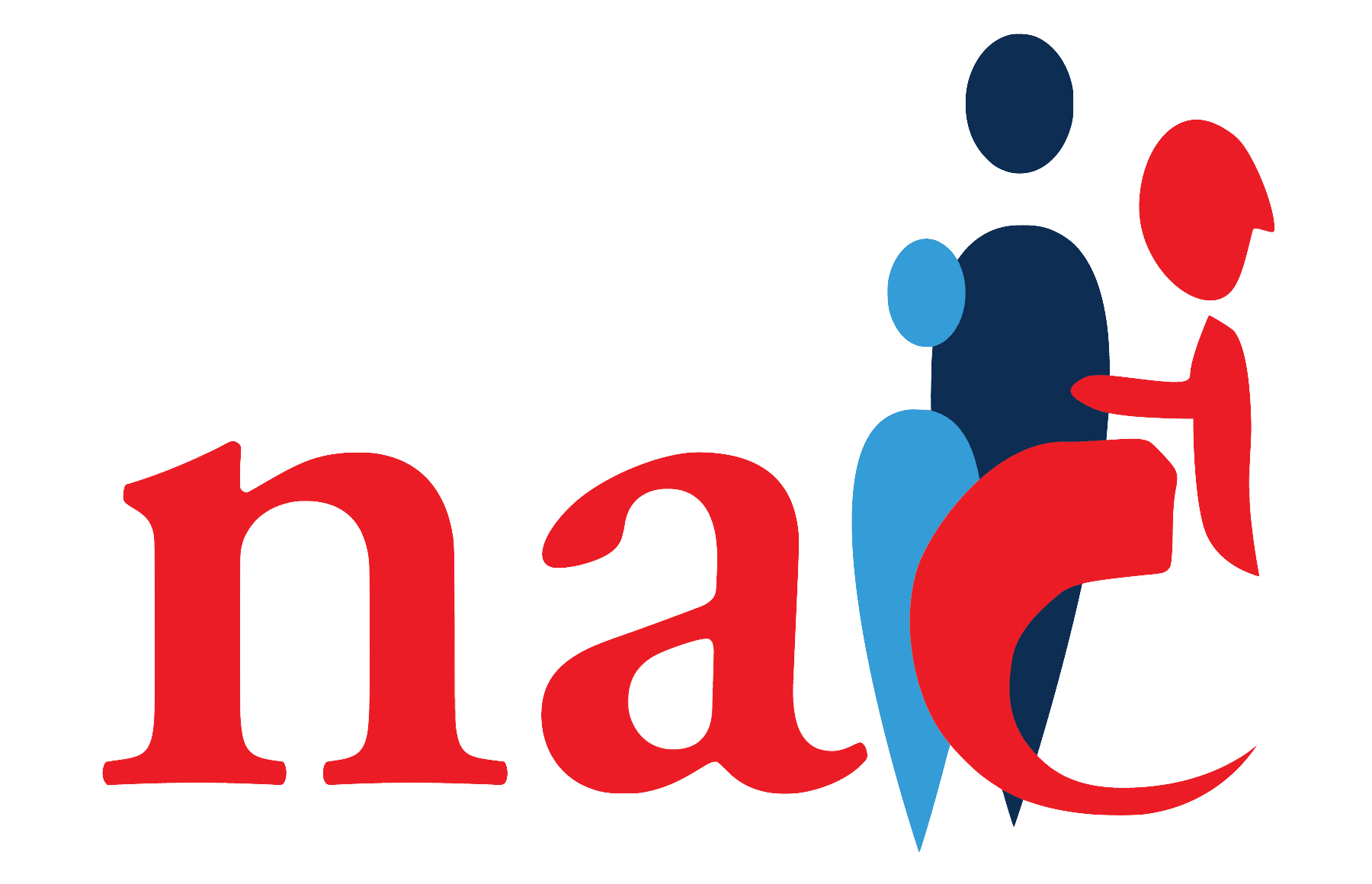Jennifer M. is a caregiver for her younger brother, who was wounded in Iraq in 2005, and her mother, who suffered a stroke in 2007. Jennifer feels that early intervention for caregivers is important because it can help alleviate some of the negative impacts, both physical and mental, of caregiving. The longer anxiety and stress build unchecked, the greater the negative long-lasting physical impacts. Jennifer M. feels health care providers should create care plans for caregivers, not just for care receivers. Learning the importance of self-care at the beginning of someone’s caregiving journey will enhance their overall resiliency and longevity.
Jennifer M. left her career at a young age. During that time, she couldn’t save for retirement or contribute to Social Security and, because she is not the spouse of the people she supports, she didn’t have health care benefits. Jennifer would have benefited from early access to financial and legal planning tools. Jennifer M. believes people aren’t saving to become a caregiver, so when they do, they are making great financial sacrifices. Personally, her caregiving journey has cost her over $750,000 from medical, travel, respite, and childcare expenses, as well as a lack of income.
As a participant in VA’s Program of Comprehensive Assistance for Family Caregivers, Jennifer M. received a stipend, access to mental health care, and respite care. These resources were valuable to her; however, she wishes the respite care was provided directly from the VA, and not a third-party vendor that added to the complexity of receiving the benefit. Additionally, the respite care providers often weren’t familiar with military conditions resulting from war, such as traumatic brain injuries which occurred during bombings. This required Jennifer’s brother to re-tell his story over and over, which could be emotionally draining. She feels most respite care providers are prepared to care for older patients, not someone younger like her brother.
Jennifer would like policymakers to understand that every caregiver and person receiving support is unique; solutions and services don’t work the same in every situation. We need programs that offer one-on-one social support to identify and provide what a caregiver needs and support them in learning how to ask for and accept help.
